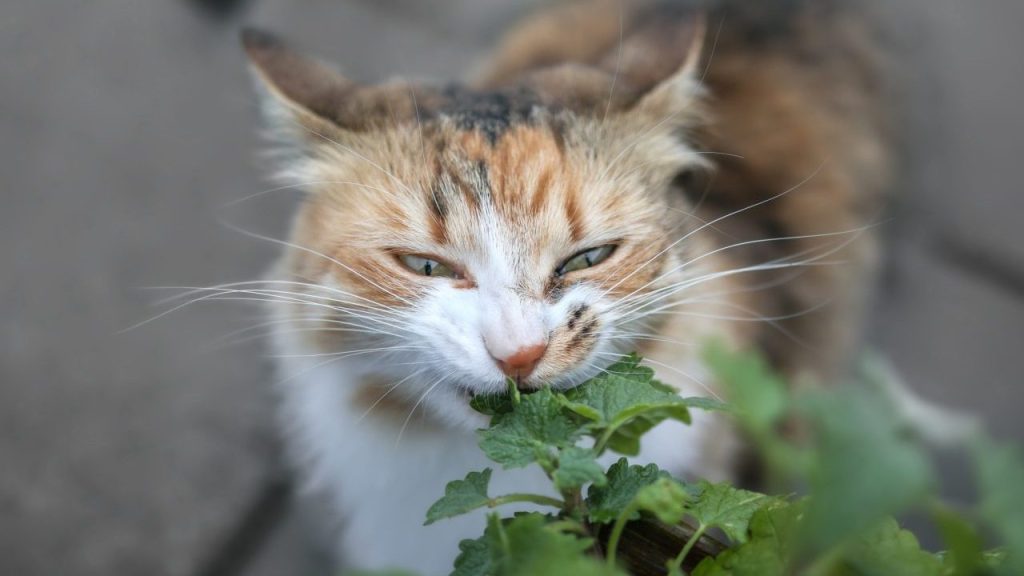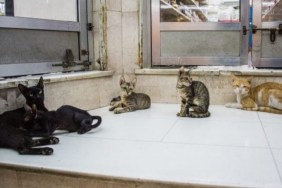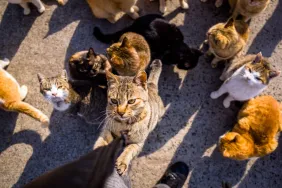Thirty years ago, an Australian town implemented a cat ban in the name of protecting wildlife. But is the ban working? Reviews are mixed.
Cat ban turns 30 years old
According to ABC news, a town called Halls Gap introduced a ban on domestic cats in October 1993. Northern Grampians Shire Council made it local law shortly thereafter. The law states that anyone caught in possession of a cat must pay a $100 fine.
The motivation behind the regulation was to protect a nature sanctuary in the Grampians, a mountain range in southwest central Victoria, Australia. Halls Gap, which is a cornerstone of Victoria’s Grampians National Park, is a picturesque town that is home to many endangered species. By banning cats, the council hoped to protect both animals and plants under threat of extinction.
According to ABC News, “The impact domestic cats have on native wildlife nationally is well known, with one study estimating pet cats killed more than 340 million native animals a year.”
However, it is unclear if this particular ban has been effective. Halls Gap has not conducted any research to study the success of the measure.
Anecdotally, Mayor Kevin Erwin said the ban “must be working” because “there were not many cats around.”
Cat laws prove controversial (and possibly ineffective)
While there was some backlash when the ban was first introduced, most people “had come around to it,” according to Halls Gap Community Group president David Witham.
That said, dissenters do exist. They target cat ban signs around the area to express their disagreement.
“All I can say is the most recent time the shire have put the cat free zone signs back up — they’re still up, which is promising, ” Witham said.
What’s more, banning domestic cats has not curbed the influx of feral cats to the national park, where the feral felines like to hunt. Parks Victoria has trapped 16 cats in Victoria Valley in the past year.
“It’s designed to protect rare species like the brush-tailed rock wallaby, long-nosed potoroo and southern brown bandicoot,” Charlie Richardson, the area’s chief ranger, said of the trapping.
Surprisingly, cat restrictions are not unusual in Victoria. In some areas, 24-hour curfews on cats exist. However, forbidding cat ownership outright — as leadership of the Hills Gap community has chosen to do — is still a rare policy.









